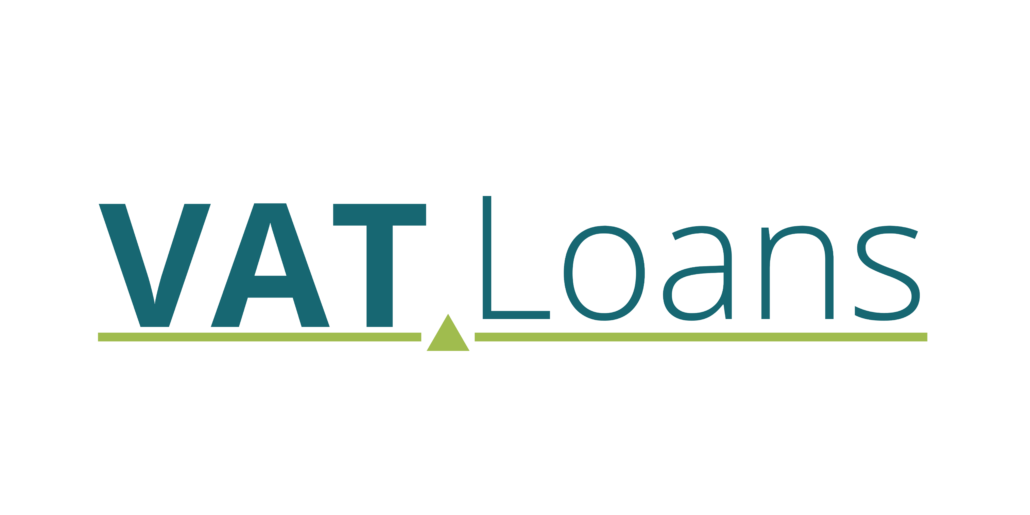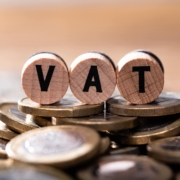What can I do if I cannot pay my VAT bill on time?
Initially, when our clients call us, they’re often racing against time to pay their VAT bill before the 7th of the month deadline.. Our blog here outlines the options available companies if they’re unable to pay their VAT bill on time.
Call HMRC prior to the date your VAT bill is due. HMRC are reasonable people, they will try to help out if they can with a time to pay arrangement. A TTP arrangement gives your company breathing space, but you must make all repayments by direct debit and ensure they’re paid on time. HMRC reserve the right to cancel a TTP arrangement if the direct debit bounces or you do not keep to the agreement.
However, there are many reasons why business owners / Financial Directors / Companies do not wish to speak to HMRC. It maybe you already have a TTP arrangement in place for PAYE or simply just do not want the hassle. You cannot just not pay the VAT bill, this will just lead to a fine and potentially much more serious action.
There is another solution and that is to take out a VAT loan. It is a quick and easy process to apply for a VAT loan. It is perfectly acceptable for a loan provider to pay HMRC directly, many thousands of companies every month are using VAT loans to pay their VAT bills.
The VAT loan provider, such as ourselves, use your VAT number as the reference. HMRC automatically allocates the monies to your VAT account. Most companies will look to pay HMRC either on the 7th of the month or a few days earlier.
With circa 90% of the VAT loans we provide, our customer will make three monthly repayments starting 30 days after HMRC have been paid.
I can only afford to pay part of my HMRC VAT bill on time?
This is probably a more common theme than companies not wanting / being able to pay all of the VAT bill. We even lost a potential VAT loan deal recently as our prospect did not know we can part fund a VAT bill.
In simple terms, say you have a £40,000.00 VAT bill liability. We can arrange a loan (subject to status) for between £10,000.00 and the full £40,000.00. HMRC will see is two separate payments against the VAT bill and importantly, the VAT liability will be paid in full. The benefit to you of taking a smaller loan is less interest to be repaid. Please note, we would have to see confirmation that you have made the other payment to HMRC before providing a loan.
Contact us
Please just give us a call or send an email to [email protected]. We will be happy to talk through the process and explain how it works.











